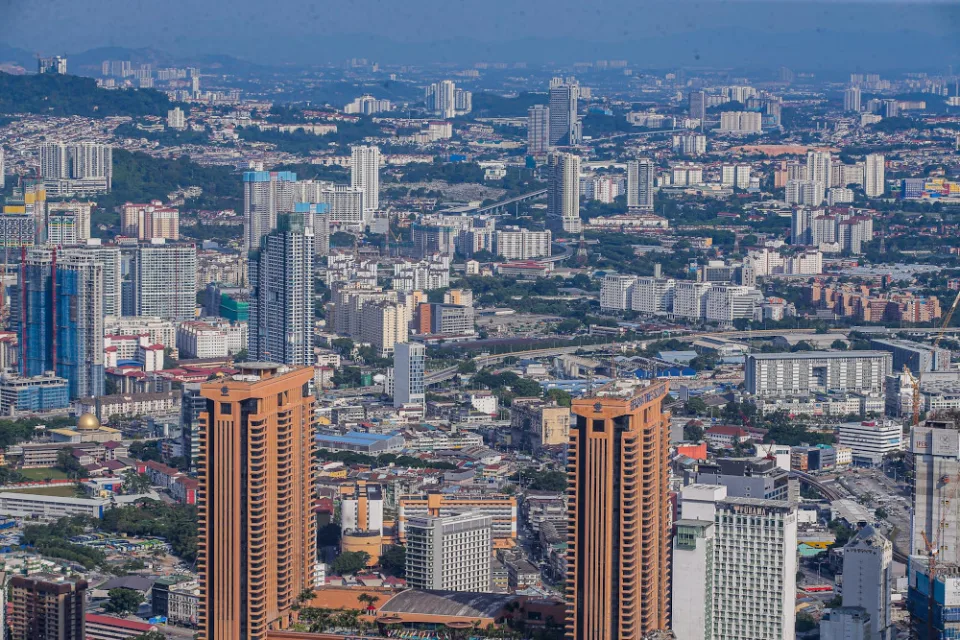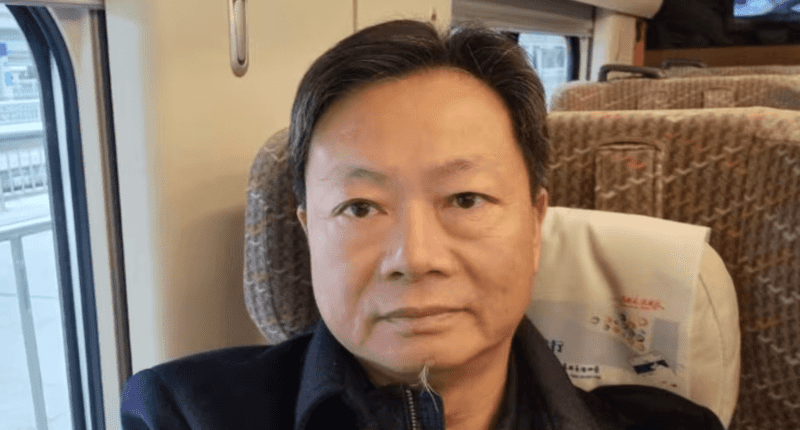The recent announcement by Malaysian Prime Minister Anwar Ibrahim, claiming the eradication of extreme poverty in Kuala Lumpur, Melaka, and Negeri Sembilan, has sparked skepticism among social activists and aid workers. Mr. Kuan Chee Heng, a social activist from Kuala Lumpur and founder of the NGO Uncle Kentang, finds the claim perplexing, given the constant flow of assistance requests he receives daily. From funding for funerals to basic necessities like rice and utility bills, the demands highlight the persistent struggle against poverty.
VinFast, a Vietnamese electric vehicle manufacturer, has requested India to lower its import duties on electric vehicles (EVs) for approximately two years. This request aims to introduce Indian consumers to VinFast products while the company establishes a local manufacturing plant in Tamil Nadu. The construction of the factory has commenced, with VinFast’s India CEO, Pham Sanh Chau, indicating plans to begin production by mid-next year, initially focusing on domestic sales before proceeding to exports.
Last month, VinFast and the Tamil Nadu government announced a collaboration aiming for an investment of up to US$2 billion, with a committed US$500 million for the project’s initial five years. VinFast’s plea for reduced import duties echoes Tesla’s earlier request, which faced opposition from Indian automakers. India, holding the position of the world’s third-largest vehicle market, is deliberating on these requests, with no official decision made thus far.
Pham Sanh Chau, at the groundbreaking event in Thoothukudi district, proposed lowering import duties to 70-80% for a limited period and quantity of vehicles, allowing Indian customers to familiarize themselves with VinFast’s offerings. The central government is still reviewing this proposal, but VinFast proceeds with the factory construction in anticipation of a favorable outcome.
Electric vehicles currently account for a mere 2% of India’s car sales, but the government aims to increase this to 30% by 2030, encouraging EV manufacturers to enter the market. The Tamil Nadu facility is expected to have an annual production capacity of up to 150,000 units, complementing VinFast’s main manufacturing hub in Vietnam. Pham Sanh Chau, a former Vietnamese ambassador to India, mentioned ongoing collaborations with approximately 55 Indian dealers to establish a sales network and potential future plans to introduce two-wheeler models in India.













